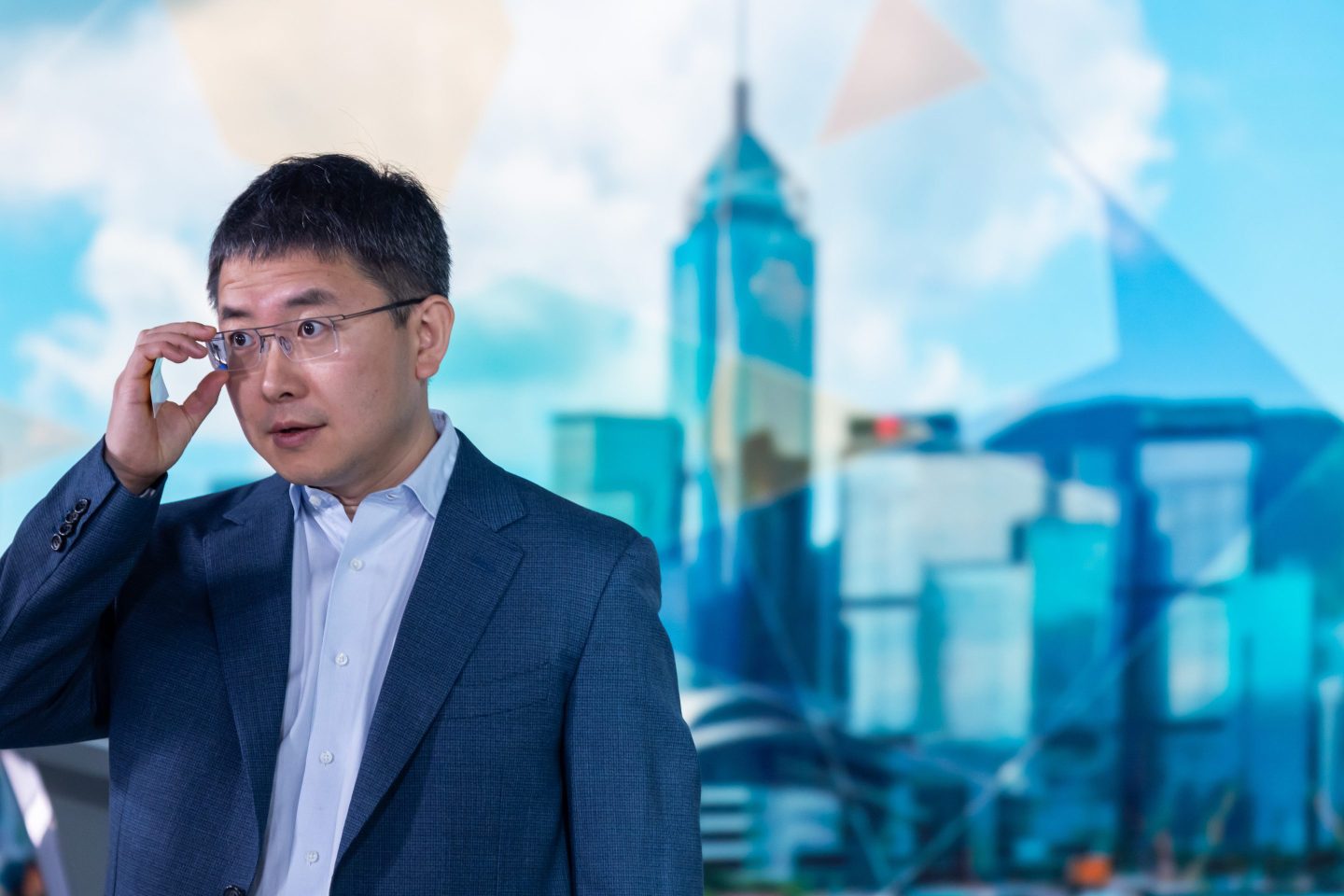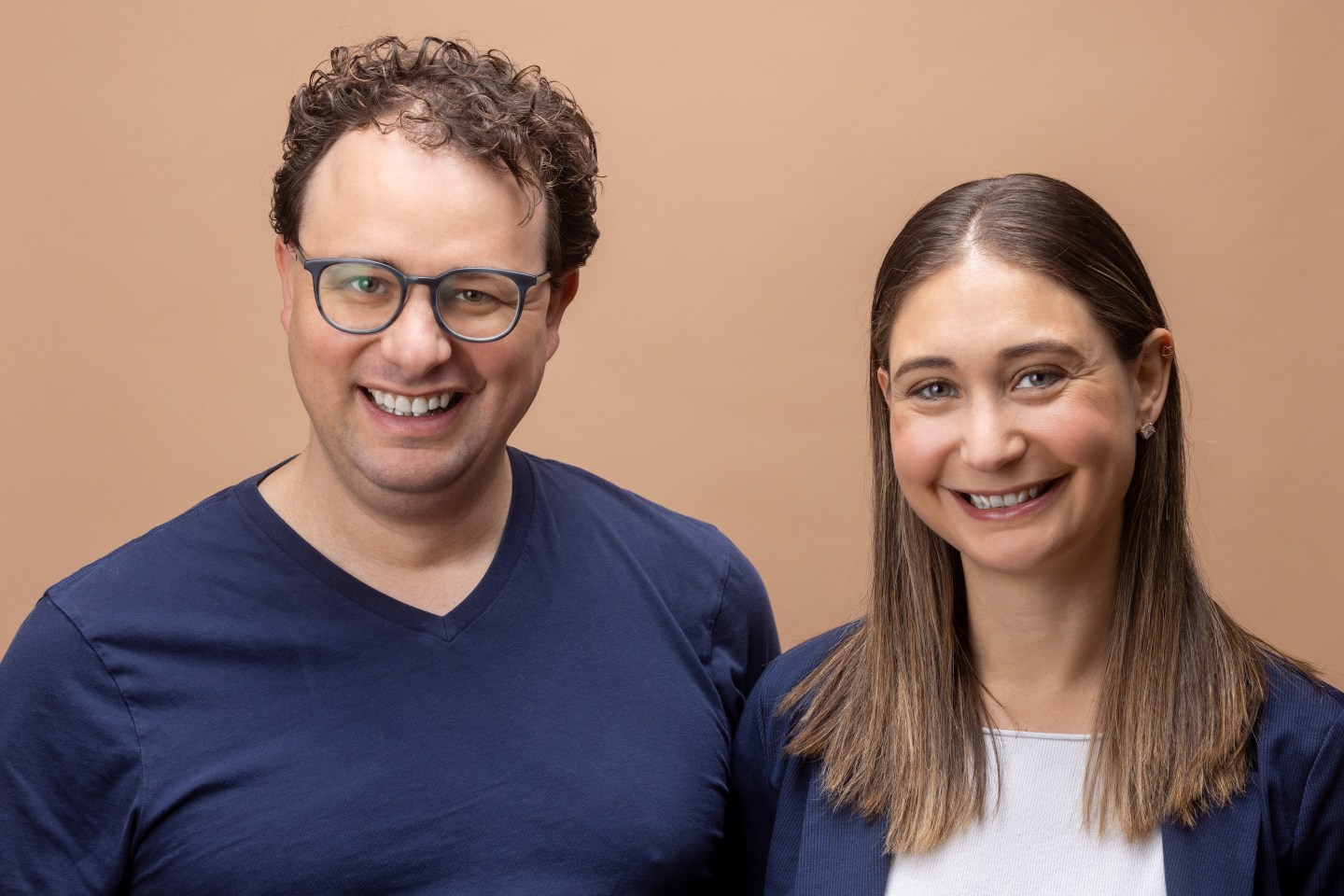Good morning.
In 2013, Alibaba co-founder Jack Ma stepped down as CEO of the Chinese e-commerce giant at 48, arguing that he was too old for the job. (As Ma wrote in a letter: “Alibaba’s young people have better, more brilliant, dreams than mine.”) The same year, René Obermann, then 49, told me he was stepping down as CEO of Germany’s Deutsche Telekom because he felt too young to stay in a big company. He wanted to be more entrepreneurial. Ma was steering an $8.4 billion-a-year startup in the world’s hottest major economy; Obermann, transforming an $80 billion-a-year former state monopoly on a continent mired in recession.
I thought of these two because Alibaba.com, the B2B platform that launched Alibaba as a company in 1999, invested in European platform operator Visable last year and will today announce a partnership at the Paris Olympics to help former athletes become entrepreneurs. I can’t say more about that—the launch event is after this newsletter goes out and I agreed to keep it vague—but this gave me an opportunity to speak with Alibaba.com President Kuo Zhang about navigating a tough climate.
Alibaba has faced a range of challenges at home and abroad, recently shelving plans to list its logistics unit and grocery chain. Zhang’s wholesale unit is unrelated to those, generating almost $3 billion a year from connecting roughly 200,000 suppliers worldwide with more than 48 million global business buyers on its platform. As he notes, these are small and medium-sized enterprises that face similar challenges.
“They have a lack of experience, a lack of resources, they don’t know where to start, and they don’t know who to work with,” he says. “We’re a platform using all kinds of technologies to help them boost their business and compete.”
“What suppliers want is to give buyers what they need in the most efficient and price competitive way,” he adds, noting that SMEs now make up more than 60% of China’s exports and a growing portion in other parts of the world. Zhang’s focus is on wooing them to his platform by investing in AI, creating a more digitized and diversified supply chain, and offering guarantees on pricing, delivery and refunds. “We want the global trade experience to be just like B2C (business-to-consumer) online shopping.”
Zhang says he’s less concerned about geopolitics than keeping up with AI. “I need to keep updating my script and my keynotes,” he says. “It’s the first time that I cannot catch up with the product because it’s developing so fast.”
And the speed of change, was one reason that Jack Ma initially said he was stepping back. (He went on to run Ant Group and has since laid low, but did praise Alibaba’s restructuring a few months ago.)
René Obermann, meanwhile, briefly ran the Dutch cable operator Ziggo prior to a merger. He moved on to private equity firm Warburg Pincus, where he now chairs the European region, and is also the chairman of Airbus.
Diane Brady
diane.brady@fortune.com
Follow on LinkedIn
TOP NEWS
McDonald’s Gaza sales dip
McDonald’s has posted its first quarterly decline in same-store sales since the COVID outbreak in early 2020. The company blamed disproportionately lower demand abroad, especially in France—which “has a higher Muslim population”—amid boycotts sparked by the war in Gaza. Fortune
Citigroup’s turnaround
Stock prices at many of the largest banks in the U.S. are eclipsing their non-banking peers. Last quarter, two-thirds of them beat the S&P 500. Yet "laughingstock" Citigroup is outperforming every other big bank. So how did CEO Jane Fraser pull off the turnaround? Fortune
AI is not the new oil
For years, commentators have compared data and now AI’s potential to oil. They’re wrong, Josephine Teo, Singapore’s minister argued at the Fortune Brainstorm AI conference in Singapore. Unlike oil—a finite resource—data can be “recombined” many times over, she said. “Data is actually more useful.” Fortune
AROUND THE WATERCOOLER
Amazon CEO Andy Jassy says sucking up to your boss won’t earn their trust by Orianna Rosa Royle
‘Pommel horse guy’ and Olympian Stephen Nedoroscik has two vision-impairing conditions—but that didn’t hold him back from being a champion by Ani Freedman
Cameo went from $1 billion unicorn with major investors to a $600,000 court settlement it can’t afford to pay by Paolo Confino
Heineken is blaming the weather—yes, the weather—for its disappointing sales by Seamus Webster
The C-suite is fawning over AI, but workers say its productivity gains are a mirage by Marco Quiroz-Gutierrez
This edition of CEO Daily was curated by Orianna Rosa Royle.














